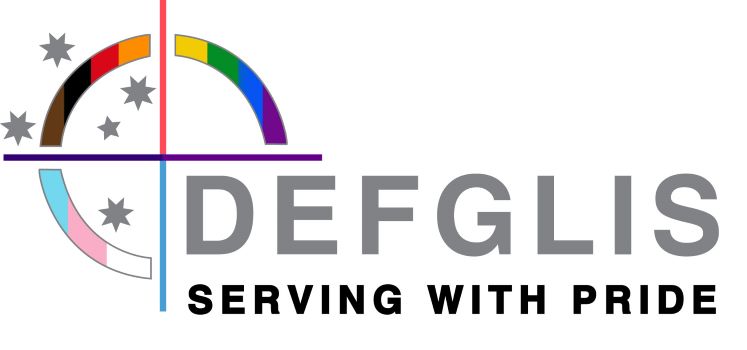Message to the Australian Military Pride Ball from Ms. Catherine Phuong, Acting Regional Representative, Office of the United Nations High Commissioner for Human Rights, Regional Office for the Pacific Sydney, 5 September 2015
Delivered by Ms. Julia Dean, National Information Officer, UN Information Centre for Australia, New Zealand and South Pacific
Dear participants of the Australian Military Pride Ball,
Dear friends,
On behalf of the Office of the United Nations High Commissioner for Human Rights, it is an honour for me to address you during this night of celebration of equality.
The Universal Declaration of Human Rights, adopted by the United Nations in 1948, proclaims in its first Article that “All human beings are born free and equal in dignity and rights.” This is worthwhile repeating: All human beings – not some, not most, but all.
Yet, around the world, far too many lesbian, gay, bisexual, transgender and intersex people continue to face discrimination because of who they are, how they look or whom they love.
In 76 countries, same-sex relations are still criminalized. Eight of these countries are among Australia’s neighbors in the South Pacific. In many more countries across the region and the world, homophobic and transphobic attitudes are common, even in places like Australia. This condones violence and discrimination, and breeds a culture of silence and ignorance in regard to the lives of LGBTI people.
That silence must be broken. The important work of DEFGLIS is a great example of how it can be done even within the military, which in many societies is considered the last outpost of sexism, homophobia and transphobia.
One of the international historical milestones of LGBTI rights started here in Australia. In 1994, the UN Human Rights Committee found that Australia was in breach of international law because Tasmania criminalized same-sex relations. The decision initiated a quiet revolution and established the foundation of the following decades’ work to hold States accountable for rights abuses targeting LGBTI people.
Much has happened since then. LGBTI people have become more visible than ever before, demanding their rights. There have been extraordinary shifts in attitudes in many parts of the world. A great number of States have reformed their laws to decriminalize same-sex relations and protect LGBTI people from discrimination. Leaders have spoken out in the defence of LGBTI equality, including the Secretary-General of the United Nations Mr. Ban Ki-moon, who is a passionate ally of the cause.
In July 2013, the global UN campaign for LGBTI equality - Free & Equal - was launched in South Africa by the then United Nations High Commissioner for Human Rights. The campaign’s core message is simple, yet essential: human rights are for everyone, no matter who you are or whom you love.
The Free & Equal campaign seeks to raise awareness and promote respect for LGBTI rights everywhere. The campaign has reached more than a billion people across the world, also thanks to the support of several celebrity UN Equality Champions, including the hiphop duo Macklemore & Ryan Lewis, pop star Ricky Martin, Bollywood actress Celina Jaitly, and the band fun.
Exactly a month ago today, the Pacific region celebrated the regional launch of the UN Free & Equal campaign for LGBTI equality. The launch took place in Suva, Fiji, with people coming from more than 14 countries across region to show their support of LGBTI equality, from civil society activists and UN officials to Government representatives and religious leaders.
The Pacific UN Free & Equal campaign has produced two videos featuring LGBTI people from the region and their allies, including the President of Fiji, calling for action to protect the rights of all people, regardless of sexual orientation, gender identity or intersex status. I hope you will watch them online.
Although the fight for equal rights for LGBTI people in Australia is not won, you have come very far. This Ball is in itself a sign of it. As you celebrate, please take a moment to also think of those whose voices are not heard. Think of those who still have seen too few victories for the protection of their human rights.
I wish you a splendid evening and a joyful celebration of love and identity, and I hope that DEFGLIS will continue its important work.
